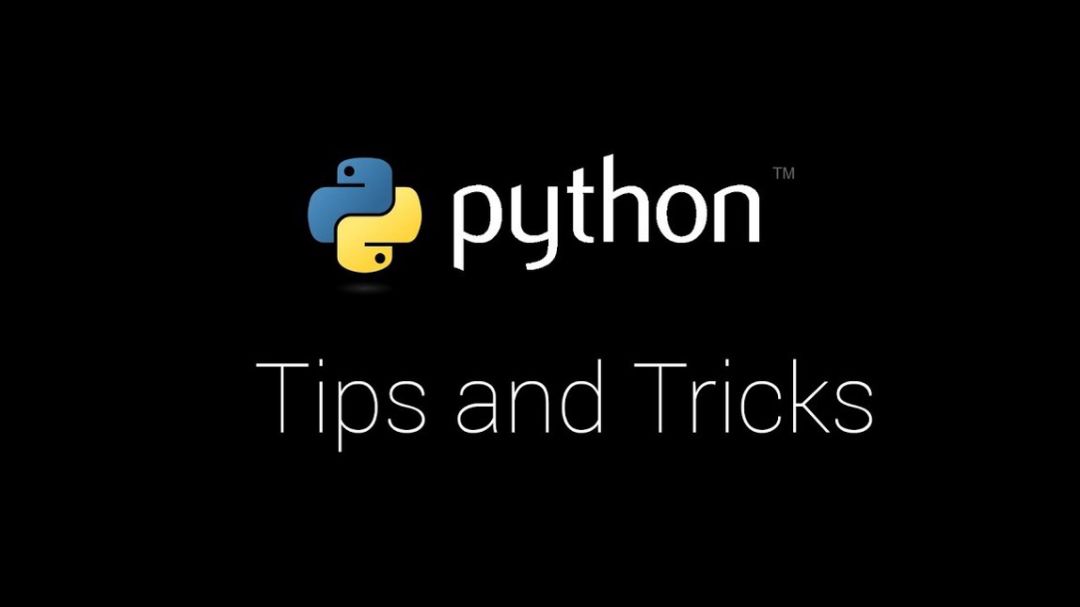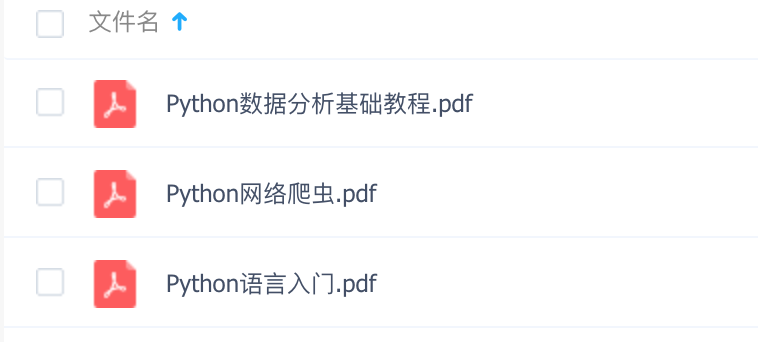编程大神进阶之路:Python技巧8个小贴士
↑ 关注 + 星标 ,每天学Python新技能
后台回复【大礼包】送你Python自学大礼包
编辑:技术君 | 来源:机器之心
介绍 Python 炫酷功能(例如,变量解包,偏函数,枚举可迭代对象等)的文章层出不穷。但是还有很多 Python 的编程小技巧鲜被提及。因此,本文会试着介绍一些其它文章没有提到的小技巧,这些小技巧也是我平时会用到的的。让我们一探究竟吧!

user_input = "This\nstring has\tsome whitespaces...\r\n"
character_map = {
ord('\n') : ' ',
ord('\t') : ' ',
ord('\r') : None
}
user_input.translate(character_map) # This string has some whitespaces... import itertools
s = itertools.islice(range(50), 10, 20) # <itertools.islice object at 0x7f70fab88138>
for val in s:
...string_from_file = """
// Author: ...
// License: ...
//
// Date: ...
Actual content...
"""
import itertools
for line in itertools.dropwhile(lambda line: line.startswith("//"), string_from_file.split("\n")):
print(line)def test(*, a, b):
pass
test("value for a", "value for b") # TypeError: test() takes 0 positional arguments...
test(a="value", b="value 2") # Works...class Connection:
def __init__(self):
...
def __enter__(self):
# Initialize connection...
def __exit__(self, type, value, traceback):
# Close connection...
with Connection() as c:
# __enter__() executes
...
# conn.__exit__() executesfrom contextlib import contextmanager
@contextmanager
def tag(name):
print(f"<{name}>")
yield
print(f"{name}>")
with tag("h1"):
print("This is Title.")class Person:
__slots__ = ["first_name", "last_name", "phone"]
def __init__(self, first_name, last_name, phone):
self.first_name = first_name
self.last_name = last_name
self.phone = phoneimport signal
import resource
import os
# To Limit CPU time
def time_exceeded(signo, frame):
print("CPU exceeded...")
raise SystemExit(1)
def set_max_runtime(seconds):
# Install the signal handler and set a resource limit
soft, hard = resource.getrlimit(resource.RLIMIT_CPU)
resource.setrlimit(resource.RLIMIT_CPU, (seconds, hard))
signal.signal(signal.SIGXCPU, time_exceeded)
# To limit memory usage
def set_max_memory(size):
soft, hard = resource.getrlimit(resource.RLIMIT_AS)
resource.setrlimit(resource.RLIMIT_AS, (size, hard))def foo():
pass
def bar():
pass
__all__ = ["bar"]from functools import total_ordering
@total_ordering
class Number:
def __init__(self, value):
self.value = value
def __lt__(self, other):
return self.value < other.value
def __eq__(self, other):
return self.value == other.value
print(Number(20) > Number(3))
print(Number(1) < Number(5))
print(Number(15) >= Number(15))
print(Number(10) <= Number(2))原文链接:https://medium.com/m/global-identity?redirectUrl=https%3A%2F%2Ftowardsdatascience.com%2Fpython-tips-and-trick-you-havent-already-seen-37825547544f
见面礼
扫码加我微信备注「三剑客」送你上图三本Python入门电子书
推荐阅读
点分享 点收藏 点点赞 点在看
评论






